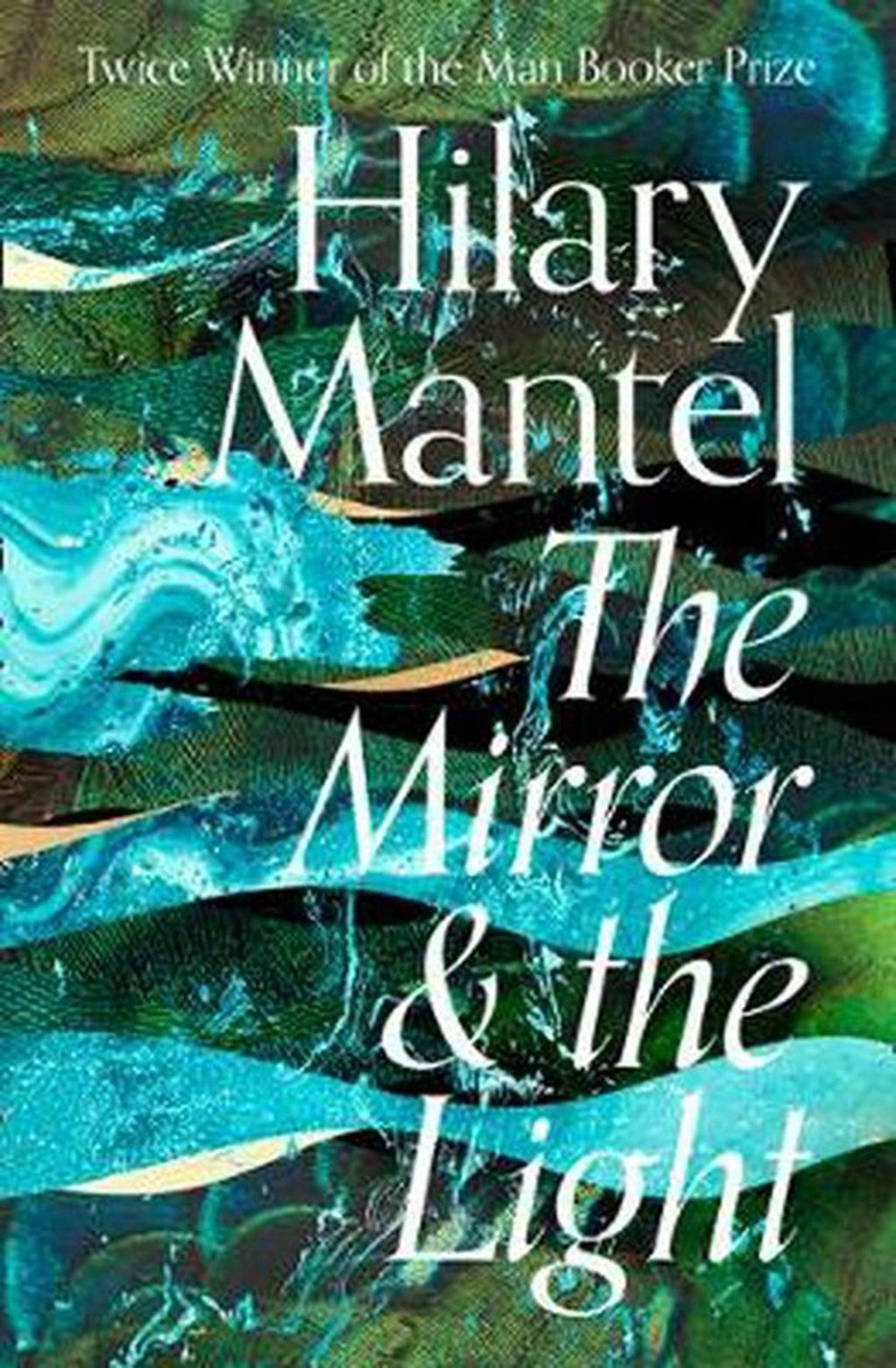Review | The Mirror & the Light: fitting conclusion to Hilary Mantel’s epic Thomas Cromwell trilogy
- Henry VIII’s fixer and procurer of wives meets his end in complex, 883-page literary heavyweight
- Having won the Man Booker prize for both of the first two books in the trilogy, can Mantel pull off a hat trick?

The Mirror & the Light
by Hilary Mantel
4th Estate
4/5 stars
Every generation probably feels its history is unique. The best historical fiction and non-fiction might be said to take issue with such pride, reminding us that even as we proclaim ourselves uniquely modern and completely special, we are nothing of the sort.
Anne’s death (or murder) does seem unprecedented, a “novelty”, as the poet Sir Thomas Wyatt puts it on learning of her somewhat botched execution. “A queen of England to behead and five of her lovers. A man does not do it every week.” That Wyatt, imprisoned in the Tower of London, is accused of being Anne’s sixth lover, adds sarcastic pathos to the seemingly cool witticism.

Still, deposing queens is also becoming a habit with Henry, whose desperation for a male heir to secure the line of succession and consolidate his power defines his reign. Anne’s failure in this regard ensures she is as surplus to requirements as his first wife, Catherine of Aragon (Katherine in Mantel’s books), had been only four years earlier. And in case you think beheading trumps divorce (or annulment, to be precise), that particular divorce was the Brexit of its day: replacing Catherine with Anne meant replacing the pope with Henry himself as the supreme head of the church.